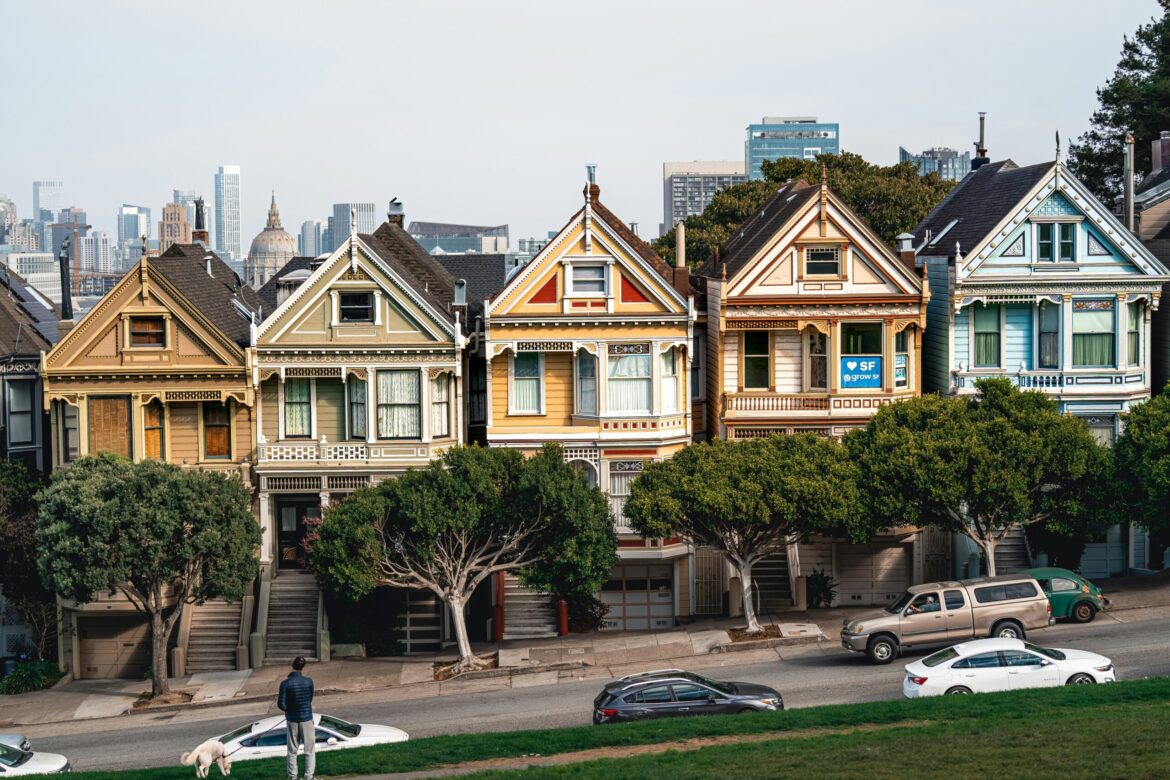San Diego Shifts Stance on ADU Incentives
In a significant policy shift, the San Diego City Council recently voted unanimously to reconsider a crucial incentive for accessory dwelling units (ADUs), signaling a departure from its previously pro-housing stance. This change in direction centers around the city’s policy that allows property owners to build ADUs without the requirement of adding additional parking spaces, even in neighborhoods with some of the largest lot sizes.
Growing Concerns Over ADU Impact on Neighborhoods
The decision to revisit the ADU policy comes amidst growing concerns over how these units are affecting the character and infrastructure of residential neighborhoods. While ADUs are widely seen as a potential solution to the housing crisis by providing affordable living spaces, the absence of parking requirements has raised questions about the strain on already limited parking availability in certain areas. Critics argue that this could lead to congestion and alter the neighborhood dynamics, which has prompted the City Council to reconsider the policy’s long-term viability.
Balancing Housing Needs with Neighborhood Preservation
Councilmember Raul Campillo expressed the need for a balanced approach, saying, “We need to balance the need for housing with the concerns of our residents.” This statement reflects the tension between addressing the city’s housing shortages, especially in light of rising home prices, and the preservation of community character. As San Diego’s population grows, the challenge of providing sufficient housing without disrupting the existing fabric of neighborhoods has become an increasingly complicated issue for city leaders.
Potential Setback for Affordable Housing Goals
The policy change has sparked concern among affordable housing advocates, who worry that this shift could impede progress in solving the city’s housing crisis. ADUs are often seen as an affordable housing option that allows homeowners to provide additional rental units, often at lower prices than traditional housing. “This change could hinder efforts to address the housing crisis by discouraging the development of affordable living spaces,” said one housing advocate, reflecting the broader anxiety within the affordable housing community.
The Future of San Diego’s Housing Strategy
This policy reevaluation is part of a larger conversation about how to balance development with maintaining the quality of life for residents in San Diego. As the city confronts an ongoing housing shortage, the City Council will need to carefully consider the potential benefits of ADUs in addressing the crisis against the concerns raised by the community. In the coming months, the council will likely continue to weigh various solutions that accommodate growth while addressing the needs and concerns of San Diego’s residents.

